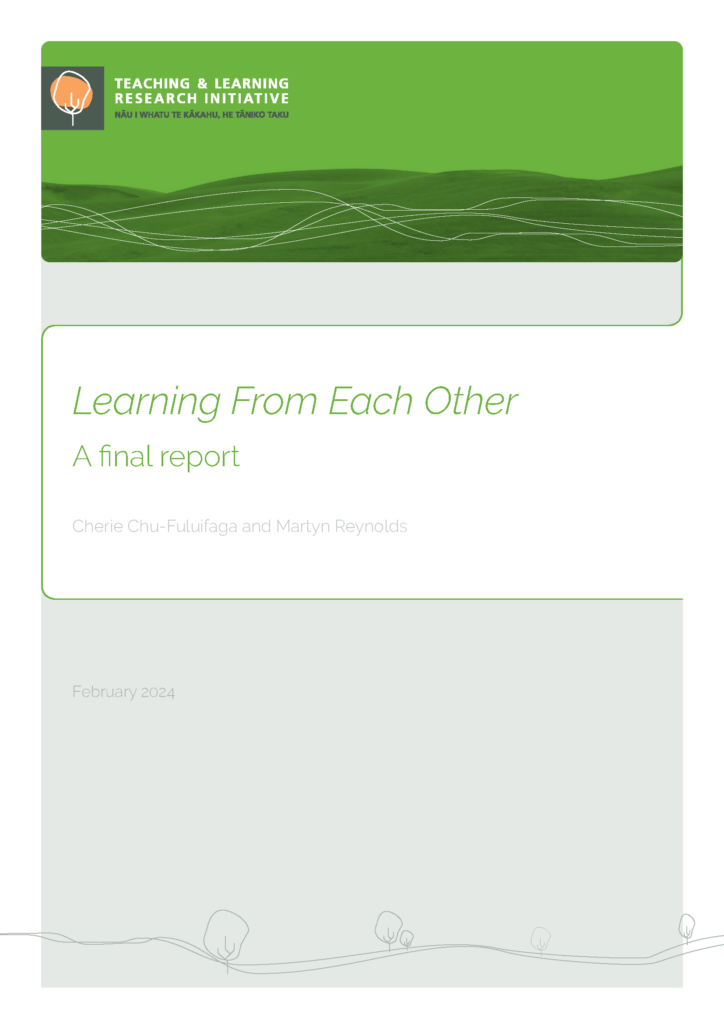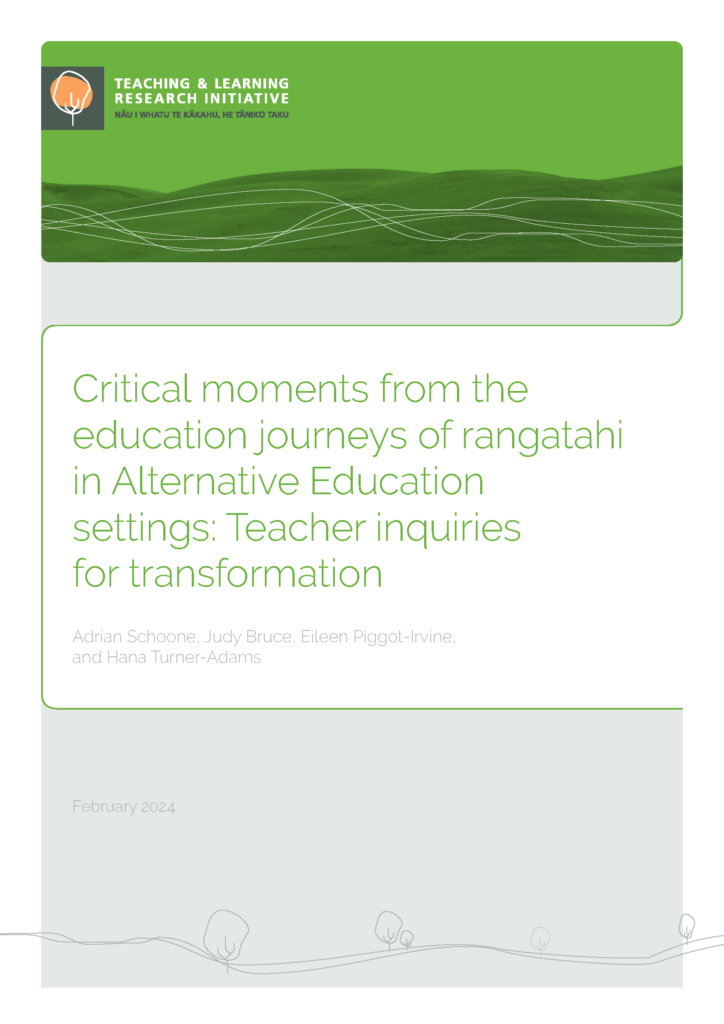Researchers and kaiako are investigating implementation of equity for mātauranga Māori in mathematics education in Kaupapa Māori and Kaupapa English settings. We are asking what is being done already, and what more is needed to be done to support kaiako enactment of equity for mātauranga Māori and mātauranga mathematics. Kaiako and researchers are co-designing programmes and evaluating strategies and activities that demonstrate how dual knowledge systems can combine and work together for purposes that are important to communities. Project findings will potentially support education settings to develop and implement their own programmes based on mokopuna needs. New kura/schools who are interested will be added in year two and three. We will hold seminars for kaiako to share ideas collectively.
Aims
- Develop and test high-level maths activities with purposes that interface with mātauranga Māori, and are engaging, and cognitively demanding.
- Co-create a conceptual framework that maintains the integrity of Māori worldviews and Western theories of research and learning, each mutually contributing to the other.
- Use a rigorous methodological infrastructure supporting the identification of new insights into teaching and learning in Māori educational contexts that encourage higher-level maths education for mātauranga Māori purposes.
- Carry out rigorous research to develop general guidelines for implementation of equity for mātauranga Māori and mātauranga mathematics, testing whether the guidelines can be adapted for use by others in other contexts.
- Provide kaiako with opportunities to share their work, supporting colleagues to enact equity for mātauranga Māori in ways that will work for them.
- Hold seminars, co-write articles and a book with kaiako.
- Present research findings with kaiako at conferences.
Why is this research important?
New Zealand has the longest tail of inequitable provision for education globally. Mathematics is an area where this is most evident. There is a wide range of research literature telling us why this is happening. This research project explores one avenue for improvement, that is guided by research literature, and particularly from the knowledge corpus of critical mathematics education. The whakatauki says, “Insanity is doing the same thing over and over again and expecting different results.” We are working on different results by bringing purpose and joy of mathematics into the classroom and supporting mokopuna of New Zealand to belong in Aotearoa. Both mātauranga mathematics and mātauranga Māori can support such a vision.
What we plan to do
Collection of data
- Kaiako and research team – 4 – 5 wānanga per year.
- Collaborative programme design processes and rationale/s for design choices.
- Observation tool/s capture interactions in contexts using tools already in schools connected to SMS, or tools provided by project.
- Interview selected groups of mokopuna.
- Collect evaluations and formative and summative assessment data.
- Kaiako journal important moments.
Analysis
- Synthesis of a Kaupapa Māori with Commognition analysis framework – emergent and developing.
- Thematic analysis of data, for each context, then across all contexts. Analyse:
-
- reasons for approaches and rationales provided.
- indications of change through identifying language, actions, rationale.
- divergence and convergence of rationale, views, approaches, to identify variables in context and across contexts.
- Mokopuna voiced impacts of the project, firstly in context, then across contexts.
- Mokopuna evaluation and assessment results.


